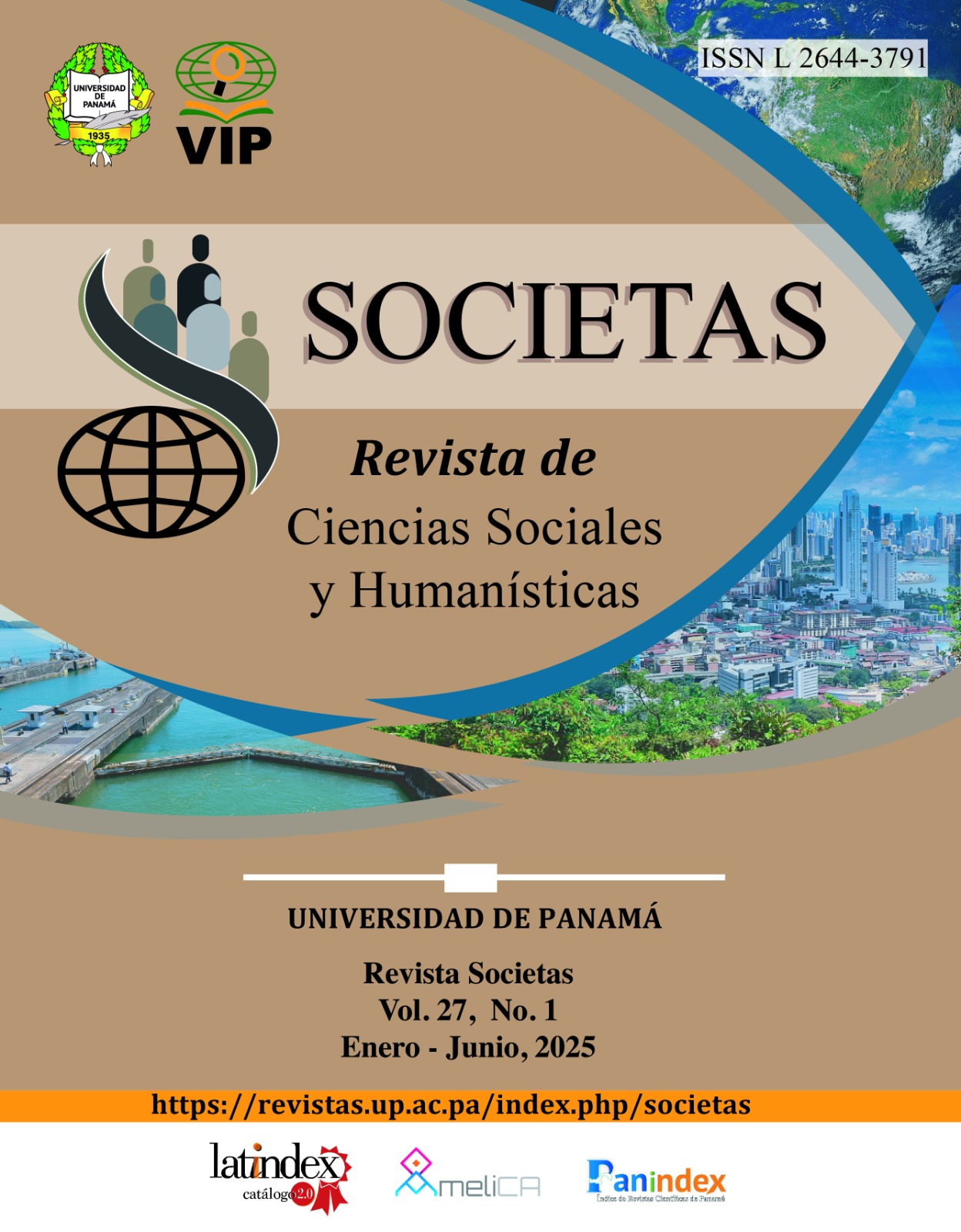

Copyright (c) 2025 Societas

This work is licensed under a Creative Commons Attribution-NonCommercial-ShareAlike 4.0 International License.
Based on the discursive production, its influence on different periods, writers, and works of universal literature, the presence of paradox is analyzed as a mechanism of constant creation in everyday life and in artistic development. Its usefulness and presence are demonstrated, by applying fragments reading of works such as The Odyssey, The Bible, Romeo and Juliet; in documented aspects of authors such as Cervantes, Dostoyevski, Sábato, Onetti, García Márquez, Jurado, among others. This is full evidence of the inexhaustible existence of this resource that literature has been able to profitably take advantage of. Finally, it is proposed that with the proliferation of transdisciplinary studies, the role of paradox as an enriching tool for narrative structures is highlighted; Therefore, it generates debate about their contributions in canonical works as well as in contemporary productions.